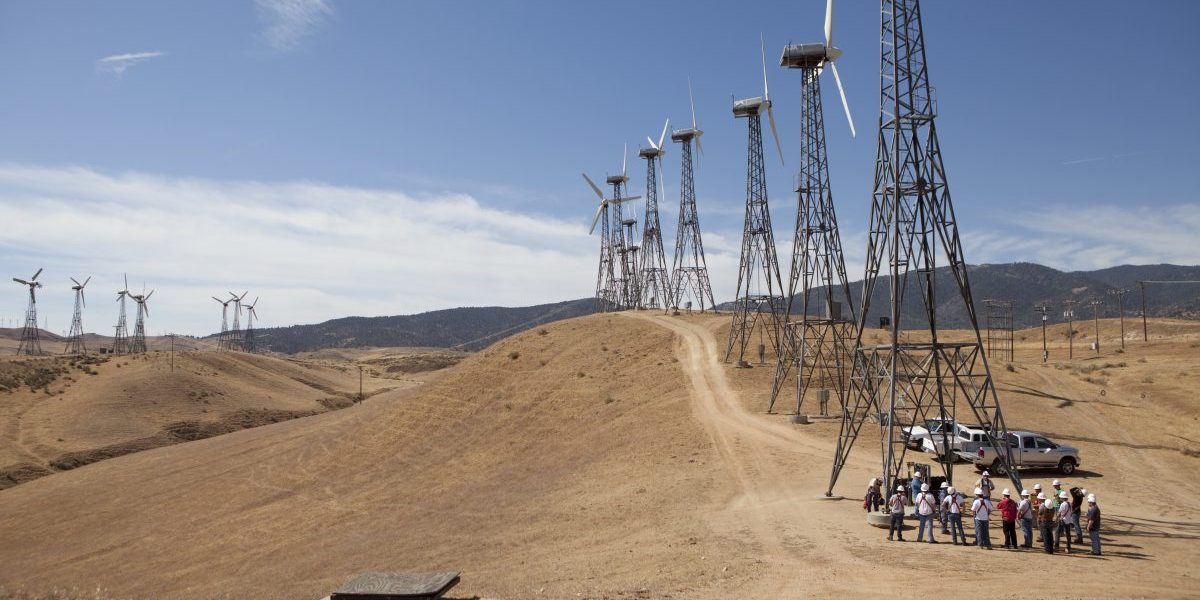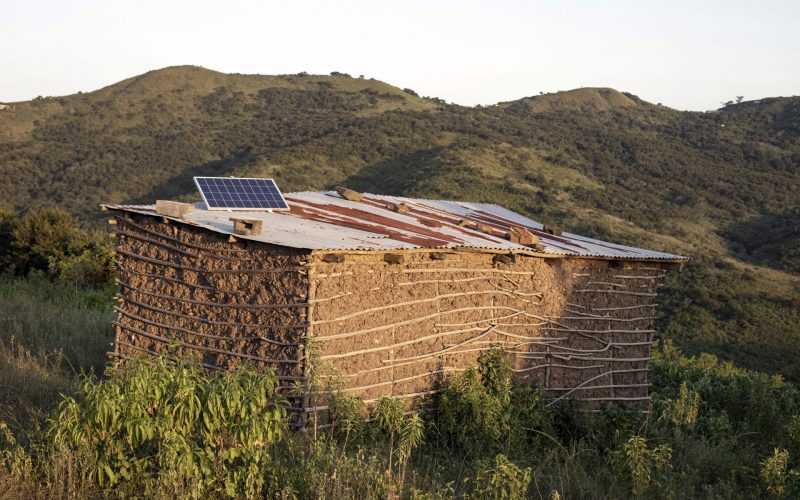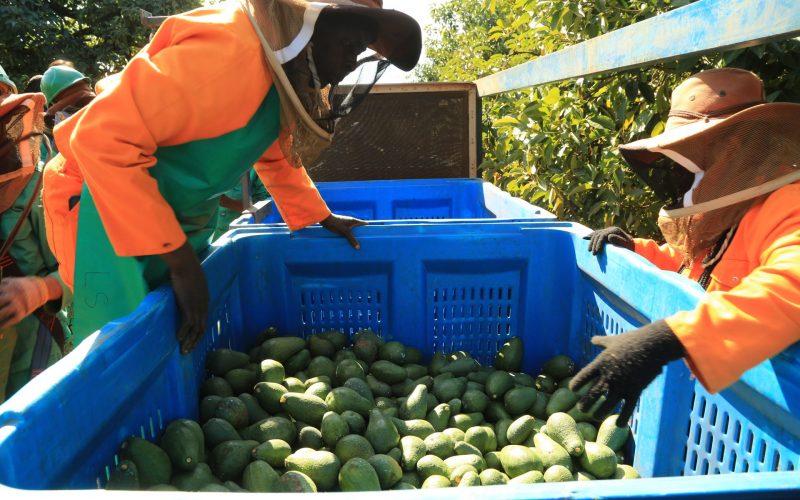Summary:
- Uganda recently faced a triple crisis of COVID-19, locusts and floods, highlighting the interface between economic growth and climate change.
- While the country has several macroeconomic policies and legal and institutional frameworks for supporting climate action, including its Updated Nationally Determined Contributions, it still faces significant implementation challenges mainly linked to financial, technological and capacity constraints.
- There is a greater inclination to pursue health and economic goals over climate action in the economic recovery resource-allocation process, ignoring strong linkages that can be exploited to achieve a green recovery.
- The lessons from the intersecting crises still need to be fully turned to account, as do opportunities to incorporate resilience into the core of macroeconomic recovery strategies and so advance a genuinely green and resilient Ugandan economy.
- Given Uganda’s public debt, its current and future debt-servicing costs are likely to undermine investment in green economic recovery and transition.
- Low-interest loans are unlikely to reach the very poor owing to physical, socio-economic and institutional barriers, while social protection provides minimal coverage.







